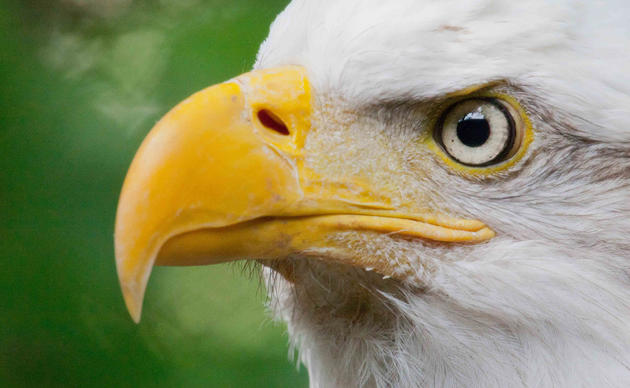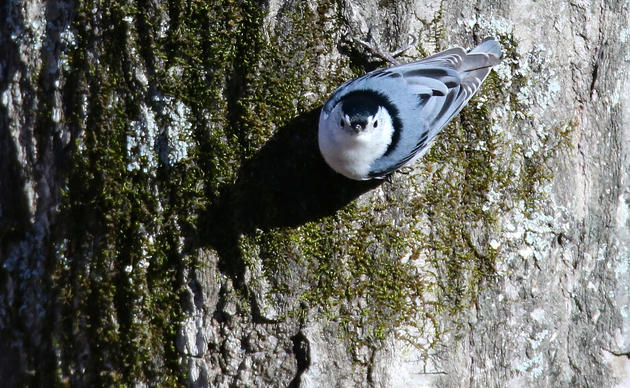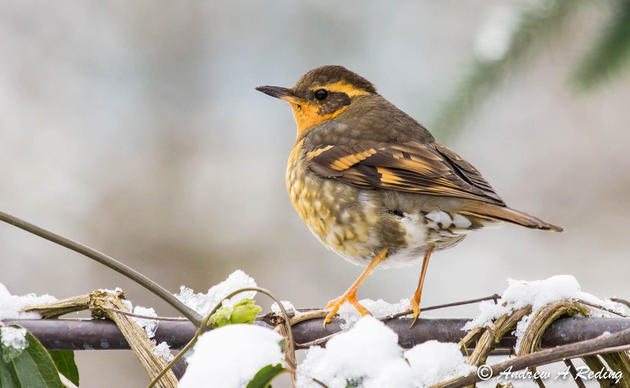WASHINGTON – From the Okanogan National Forest to the Olympics, all of Washington will benefit from the passage of this legislation. Permanently funding the Land and Water Conservation Fund means better parks, more jobs, and protection of wildlife like the Pigeon Guillemot and Rhinoceros Auklet. Thank you Senator Maria Cantwell and Senator Patty Murray for being original co-sponsors of this important bill.
In a bipartisan vote on July 22, the House of Representative passed the Great American Outdoors Act (S. 3422), providing permanent, mandatory funding for the Land and Water Conservation Fund (LWCF) at the authorized amount of $900 million annually at no additional cost to taxpayers. The program will help national parks, local parks, public lands, and athletic fields in every county across the country. The bill was passed by the Senate in June in a 73-25 vote and will move to President Trump next, who has indicated his support.
“There couldn’t be a more important time than now to improve parks, protect birds and wildlife, and create jobs in every state across the country,” said Sarah Greenberger, senior vice president for conservation policy, National Audubon Society. “By providing full and permanent funding for the 50-year-old Land and Water Conservation Fund, we will fully realize the law’s intent to conserve natural landscapes, enhance recreation, and protect wildlife while creating jobs and driving investment in local communities.”
The bill also creates a new fund ($1.9 billion annually for five years) to address deferred maintenance projects at the National Park Service, Forest Service, U.S. Fish and Wildlife Service, Bureau of Land Management, and Bureau of Indian Education schools. These public lands and spaces provide critical bird habitat, protect endangered species, support the capture of carbon emissions, and connect people with birds across the country, but have struggled to keep up with repairs for buildings and infrastructure even as visitation has increased.
“This is the kind of bipartisanship the country needs,” said David Yarnold, president and CEO of the National Audubon Society. “Our parks and public lands are sanctuaries for people and birds alike and now we can do more to provide the protection and care they deserve.”
About Audubon Washington
Established in 1981, Audubon Washington works statewide with its 25 independent chapters and 35,000 members on the conservation of the sagebrush shrub steppe ecosystem in Eastern Washington, protection of coastal estuaries, and actions that address climate change, the number one threat to birds today. Through the Seward Park Audubon Center, it provides science, nature and environmental education programs for youth and families. Learn more at http://wa.audubon.org/, @audubonWA.





